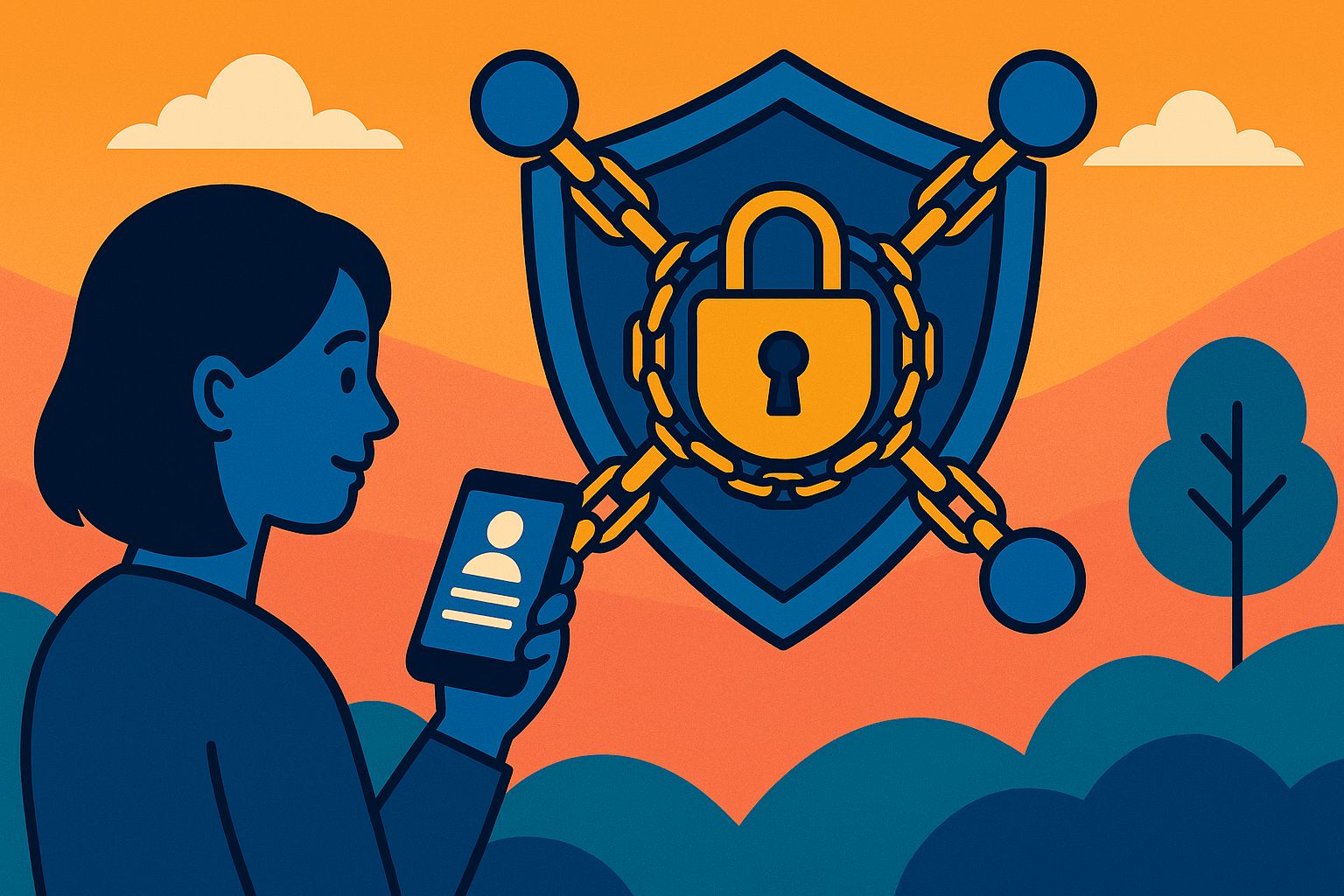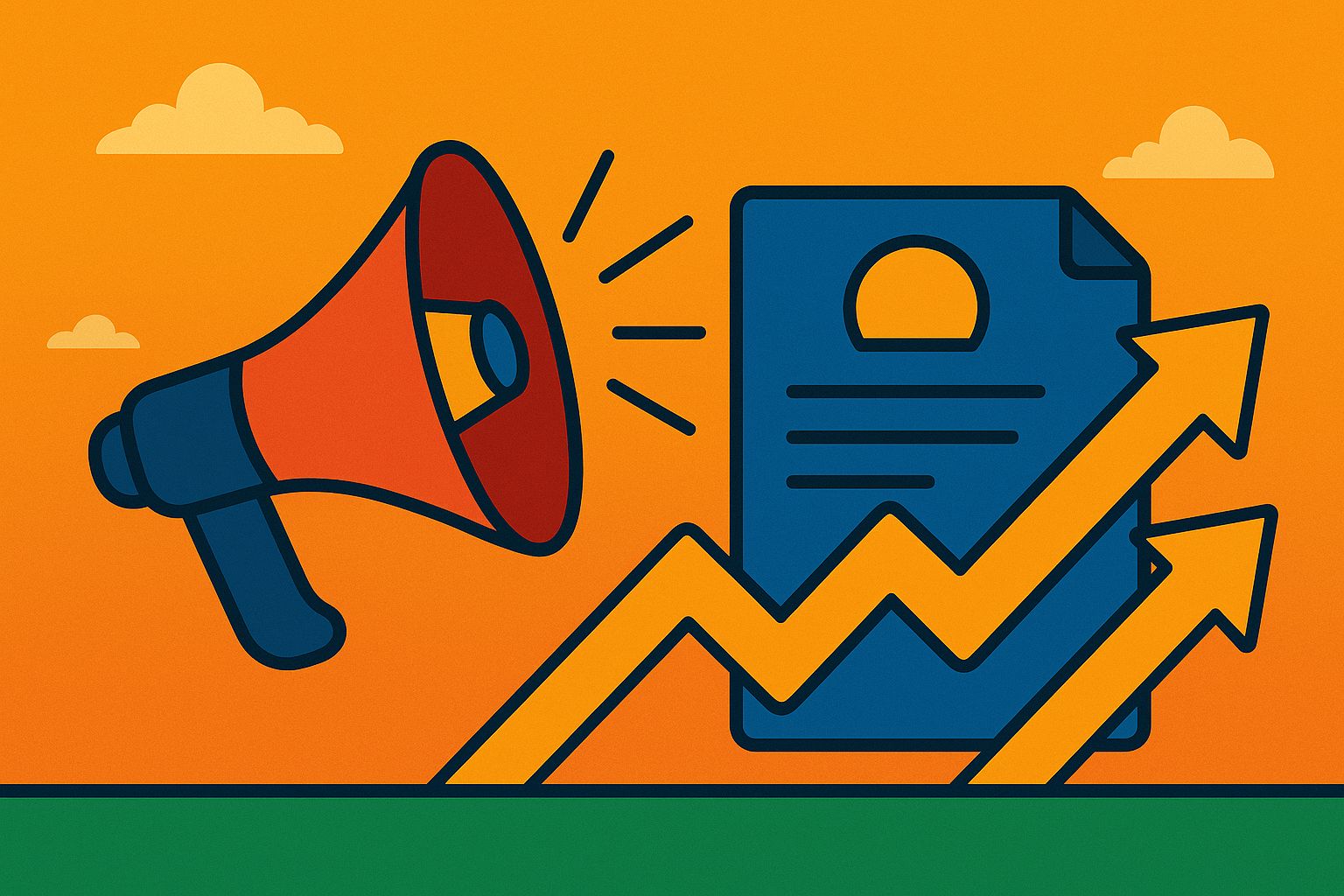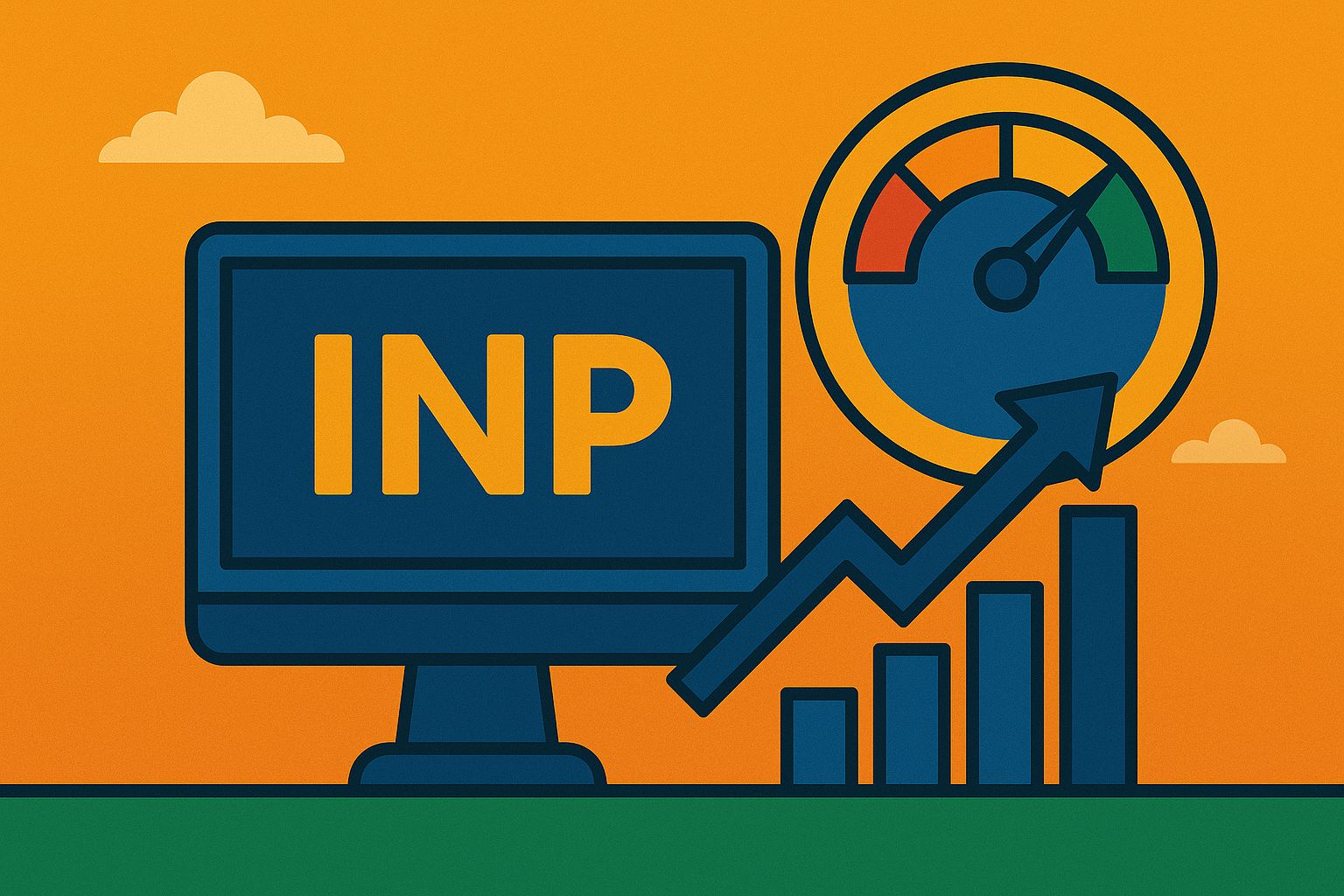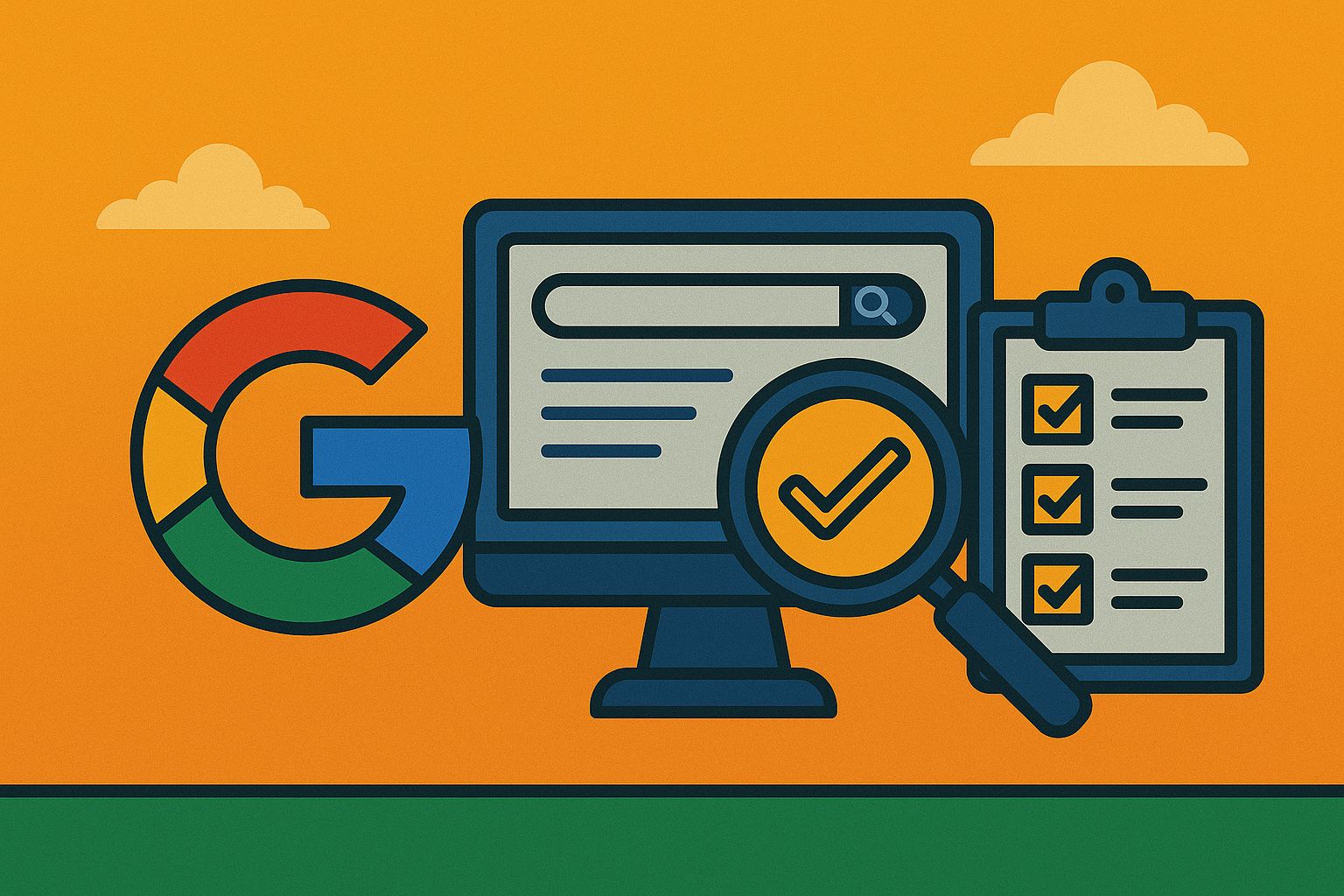Blockchain technology is revolutionizing the way personal data is safeguarded, offering unparalleled security and transparency. By leveraging decentralized ledgers, it minimizes risks of breaches and ensures data integrity, empowering individuals with greater control over their information. This approach combines innovative benefits like immutability and cryptographic protection with strategic applications in identity management and secure data sharing.
Introduction to Blockchain for Data Security
Blockchain is a decentralized ledger technology that records transactions across multiple computers in a secure, transparent, and tamper-proof manner. Unlike centralized systems, blockchain uses cryptographic principles to safeguard data, making it a reliable solution for securing personal information.
Key Features of Blockchain for Data Security:
- Decentralization: Data is distributed across a network of nodes, reducing the risk of single-point failures.
- Transparency: All transactions are visible to authorized participants, ensuring accountability.
- Immutability: Once data is recorded, it cannot be altered, ensuring its integrity.
- Smart Contracts: Automated agreements enforce rules and enhance trust in data transactions.
Blockchain’s potential extends beyond cryptocurrency, making it a game-changer in industries like healthcare, finance, and government for personal data security.
The Importance of Securing Personal Data in the Digital Era
In today’s interconnected world, personal data drives innovation, business decisions, and user experiences. However, with greater data usage comes increased vulnerability. A report by IBM found that the average cost of a data breach globally is $4.24 million, highlighting the urgency for robust security measures.
Common Threats to Personal Data:
- Phishing Attacks: Deceptive emails or messages trick users into revealing sensitive information.
- Ransomware: Cybercriminals encrypt data and demand payment for its release.
- Data Breaches: Unauthorized access exposes private information to malicious actors.
- Insider Threats: Employees or associates misuse their access to exploit data.
Blockchain’s design directly addresses these threats by decentralizing and encrypting data, providing a secure foundation for modern systems.
How Blockchain Enhances Data Security
Blockchain’s architecture fundamentally reshapes how data is secured. By leveraging its decentralized and cryptographic principles, blockchain introduces multiple layers of protection against traditional vulnerabilities.
Core Mechanisms of Blockchain Security:
- Hashing Algorithms: Blockchain uses hashing to encode data into unique, fixed-length strings. Any change in data alters the hash, making tampering immediately noticeable.
- Consensus Mechanisms: Protocols like Proof of Work (PoW) or Proof of Stake (PoS) ensure that only verified transactions are added to the blockchain.
- Encryption: Public and private keys encrypt data, ensuring only authorized users can access it.
- Immutable Ledger: Each transaction is recorded in a block, linked to the previous one, forming a chain. Altering one block invalidates the chain.
These features collectively make blockchain an unparalleled tool for securing personal data.
Key Benefits of Using Blockchain for Personal Data Protection
Blockchain’s benefits for data security are extensive, providing unparalleled protection in an increasingly complex threat landscape.
Top Benefits:
- Enhanced Privacy: Users can control access to their data through encrypted keys.
- Data Integrity: The immutability of blockchain ensures that data remains unaltered and trustworthy.
- Reduced Fraud: Transparency and consensus mechanisms minimize fraudulent activities.
- Improved Access Control: Role-based permissions and smart contracts enable precise data-sharing rules.
Comparison of Traditional vs. Blockchain Based Data Security
A comparison of traditional vs. blockchain-based data security highlights key differences in how each system protects sensitive information. Traditional security relies on centralized systems, making it vulnerable to single points of failure and cyberattacks, while blockchain offers decentralized, tamper proof data storage through its distributed ledger technology. This decentralized approach ensures enhanced transparency, immutability, and resilience against breaches, making blockchain a more secure option for protecting data.
Decentralization: A Core Advantage of Blockchain in Data Security
At the heart of blockchain’s security model lies decentralization. Unlike traditional systems where data resides in centralized servers, blockchain distributes it across a network of nodes.
Why Decentralization Matters:
- Eliminates Single Points of Failure: No central server can be targeted for a catastrophic attack.
- Enhanced Redundancy: Copies of data exist across multiple nodes, ensuring availability even during system failures.
- Trustless Systems: Participants rely on the network’s consensus rather than a central authority.
By decentralizing data, blockchain reduces risks while empowering users with greater control.
Cryptographic Techniques in Blockchain for Enhanced Privacy
Cryptography forms the backbone of blockchain security, employing advanced techniques to safeguard personal data.
- Public Key Infrastructure (PKI): Uses public-private key pairs for secure communication.
- Zero-Knowledge Proofs: Enables data verification without revealing the actual data.
- Elliptic Curve Cryptography (ECC): Provides strong encryption with smaller key sizes, enhancing efficiency.
These methods ensure that personal data remains private and accessible only to authorized users.
Strategies for Implementing Blockchain in Personal Data Management
Adopting blockchain for data security requires careful planning and execution.
- Define Clear Use Cases: Identify areas where blockchain adds the most value.
- Integrate with Existing Systems: Ensure seamless compatibility with legacy infrastructure.
- Educate Stakeholders: Train users and administrators on blockchain’s functionality and benefits.
- Use Smart Contracts: Automate data-sharing agreements to minimize manual errors.
Blockchain’s flexibility makes it adaptable to various industries, including healthcare, finance, and e-commerce.
Overcoming Challenges in Blockchain Based Data Security
While blockchain offers significant advantages, it is not without challenges.
Common Challenges:
- Scalability: High transaction volumes can strain blockchain networks.
- Energy Consumption: Consensus mechanisms like PoW require substantial energy resources.
- Regulatory Hurdles: Navigating data privacy laws like GDPR and HIPAA can be complex.
- Integration Complexity: Merging blockchain with traditional systems requires technical expertise.
Addressing these challenges involves adopting scalable blockchain platforms, optimizing consensus mechanisms, and collaborating with regulatory bodies.
Case Studies: Successful Blockchain Applications in Data Protection
Real-world examples illustrate the transformative power of blockchain for securing personal data.
Case Study 1: Estonia’s Digital Identity System
Estonia has implemented blockchain in its e-Residency program, allowing citizens to securely access government services. Blockchain ensures data integrity and prevents unauthorized access.
Case Study 2: Healthcare Data Management
Medicalchain uses blockchain to store patient records securely, enabling patients to share their data with healthcare providers through encrypted access.
These examples showcase how blockchain enhances data protection in practical applications.
Future Trends in Blockchain for Securing Personal Data
The future of blockchain for personal data security is promising, with ongoing advancements unlocking new possibilities.
- Integration with AI: Combining blockchain and artificial intelligence to analyze and secure data.
- Interoperability: Developing platforms that enable seamless data sharing across blockchains.
- Decentralized Identity (DID): Empowering individuals with control over their digital identities.
Conclusion
Securing personal data with blockchain offers unparalleled benefits, including enhanced security, transparency, and user control over sensitive information. By leveraging decentralized networks and cryptographic techniques, blockchain minimizes risks of data breaches and unauthorized access. Implementing effective strategies like encryption, smart contracts, and decentralized identity solutions ensures robust protection while empowering individuals to manage their data securely.





